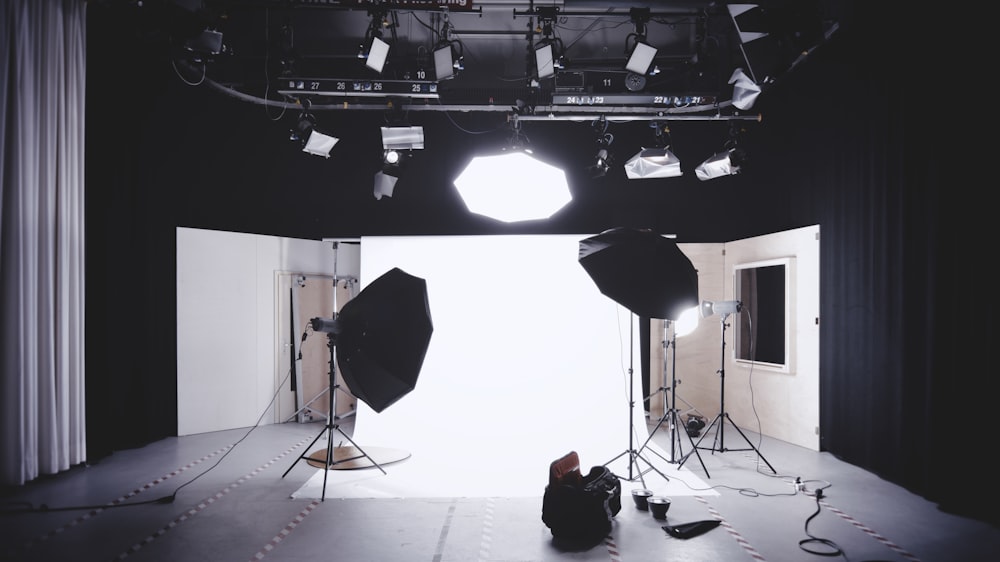Who To Expect in the Courtroom
 Looking around a courtroom, you’ll see several people. At the front of the room, the judge presides over the proceedings, determine whether the evidence is appropriate, gives instructions to the jurors, and handles the sentencing. Seated in front of the judge are the defendant and plaintiff with their lawyers. Depending on the type of case and which court it takes place in, lawyers may be criminal or civil defendants, district attorneys, prosecutors, and so on. If the case requires them, witnesses are located in the seating area behind the lawyers, and jurists may be seated in a boxed-in area at either side of the courtroom. Most people are familiar with these participants in the courtroom setting. However, there are a few others to consider.
Looking around a courtroom, you’ll see several people. At the front of the room, the judge presides over the proceedings, determine whether the evidence is appropriate, gives instructions to the jurors, and handles the sentencing. Seated in front of the judge are the defendant and plaintiff with their lawyers. Depending on the type of case and which court it takes place in, lawyers may be criminal or civil defendants, district attorneys, prosecutors, and so on. If the case requires them, witnesses are located in the seating area behind the lawyers, and jurists may be seated in a boxed-in area at either side of the courtroom. Most people are familiar with these participants in the courtroom setting. However, there are a few others to consider.
The Courtroom Clerk
Sometimes, this official is a courtroom deputy. The clerk sits near the judge, often on the platform to the side of the judge. The clerk keeps minutes of what is said and done, handles any exhibits and records handed to the judge, administers oaths to anyone who testifies or acts as a witness, and helps the judge in other ways to make sure the court proceedings run smoothly. This court official may also manage the judge’s caseload, keeping the judge informed and answering questions as needed.
The Court Interpreter
Although these professionals aren’t always present, their work is extremely important. Any defendant or participant without a firm grasp of English is entitled to an interpreter. The service provided by these professionals ensures that participants understand the evidence, can clearly express themselves, and confront witnesses. In addition to simultaneously or consecutively translating, the court interpreter provides visual translations of documents and advises the judges and other court officials about cultural and language differences. The requirements to serve as a court interpreter include completing a federal certification examination.
The Court Reporter
This official doesn’t get much attention but fills an extremely important role in the courtroom. The court reporters providence ri are kept busy making word-for-word records of the proceedings. This may be kept in shorthand, stenotype, sound recording, or similar methods. When necessary, the reporter reads back testimony, completes research of names and facts, records minutes and rulings of the court, and takes care of the records and reports of court operations.
Other officials of the court may include legal secretaries, administrative specialists, and judicial executives. These officials handle a lot of the work that goes on behind the scenes, such as preparing mail, handling money received or dispersed by the court, and making copies of documents. Courtroom proceedings generally have a huge impact on the lives of several people. It’s fitting that there are many professionals overseeing those proceedings, making sure the law is carried out appropriately, and ensuring that justice is achieved.


